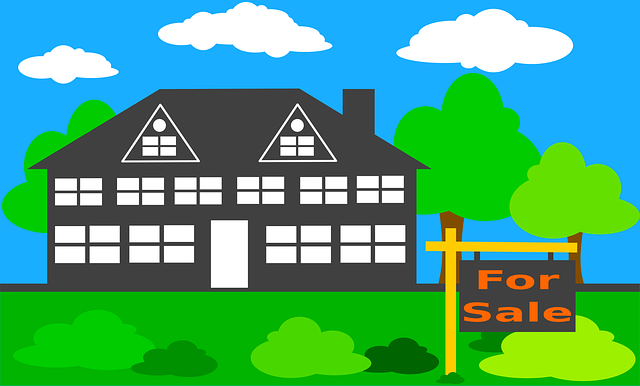Pros and cons of buying and renting a house

Is it better to rent or buy a home? That’s the question we’ll seek to answer in today’s discussion as we take a look at both sides of the coin. Here are some benefits and drawbacks of either option to ensure you make an informed decision.

1) Buying a home proves advantageous in the long run as it affords growth in personal possessions, real estate equity and security.
2) The property’s value is usually on an upward trend meaning you stand to make a profit if you decide to cash in.
3) Owning a house comes with the legal freedom to do with it as you please without the limits being set by a third-party as in the case of renting.
4) What’s more, you are free to make structural changes in line with your taste buds e.g. renovations, landscaping, décor changes etc.
5) If you have a home loan or are simply in need of an extra coin, you can rent out your property to cushion the financial burden.
6) Paying your loan installments regularly- i.e. if you purchased the home through a loan- will also better your credit scores.
7) Income-generating real estate properties are normally given tax deductions which can save you a great deal of money in the long run.
1) Homeownership can inflict hefty maintenance fees and other financial obligations.
2) Other associated charges such as insurance, rates and taxes can also result in huge expenses.
3) A resale can be unprofitable during an economic recession or when people lose interest in a particular area.
4) A home can shackle you down to a specific location hence curtailing mobility.
1) The last shortcoming of home ownership is our first pro as renting allows you great flexibility in case you need to leave for one reason or another.
2) If instantaneously raising buying capital is an issue, then you should opt to rent as it allows you to live in your dream home without having to first put up capital.
3) Relocation is a lot easier in comparison as you aren’t burdened with the need to find a buyer or a lease substitute as is the case with home ownership.
4) Insurance costs are also lower as a tenant simply has to pay for the home contents as opposed to a homeowner who is tasked with overall property insurance.
5) The tenant incurs no additional costs that normally arise in a loan-funded home ownership.
1) The landlord can put in place lease bylaws that can affect the freedom of the tenant with regards to renovation and usage. If the tenant desires to make any changes, the homeowner must first consent to it.
2) It’s often the case that there will be a rental agent who plays the middleman between you and the landlord and this long chain of command will mean issues are bound to take quite long to iron out.
3) The tenant is also at the mercy of the landlord who can increase yearly rent fees in accordance with real estate inflation rates.
4) Lease renewal is not assured.
So should you rent or buy? Weigh the above pros and cons against your current economic and living situation. The answer should become pretty clear
